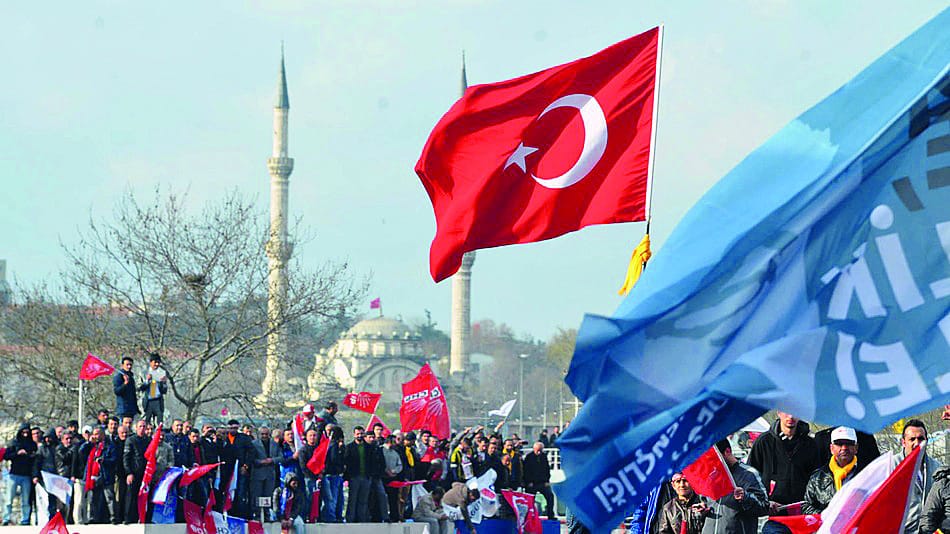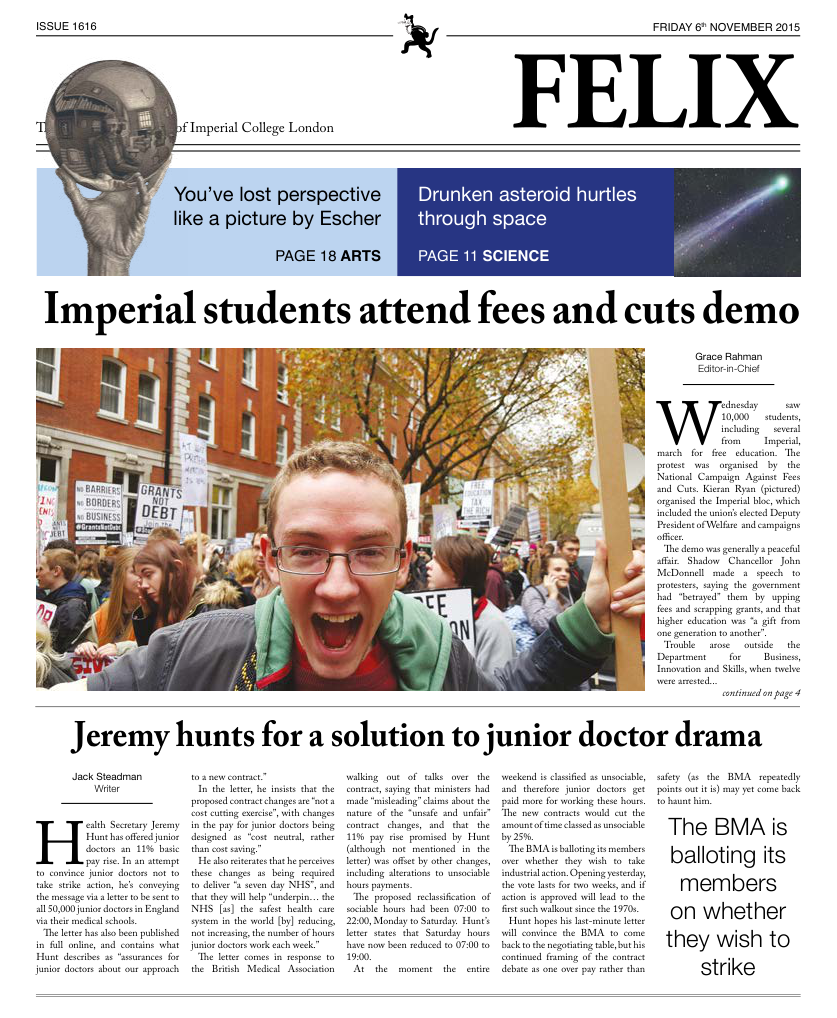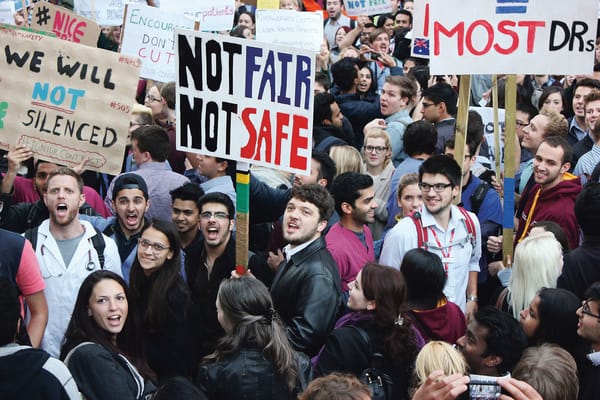How it feels when your home country goes to the polls
Watching events in your country unfold from across the border isn't easy

When talking about how it feels to live abroad, the conversation tends to revolve around the things you miss, such as family members, the weather, or food. But, if your home country is in a state of change and turmoil, the hardest thing about being away is having to live through certain events merely through the news, brought to you predominantly by social media.
This article is not about the politics behind Turkey’s turmoil, but rather it is about the sentimental side of having to experience this turmoil from a distance.
Two and a half years ago I was glued to my computer screen in the library, clicking on link after link on Facebook, watching the Gezi Park demonstrations in Istanbul.
Two and a half years ago I was glued to my computer screen in the library, clicking on link after link on Facebook, watching the Gezi Park demonstrations in Istanbul. As I watched the videos of the Turkish police trying to overpower the citizens through the brutal use of water cannons and tear gas I felt devastated, furious, and worst of all, helpless.
Three weeks ago I woke up to my Facebook news feed telling me that two bombs had gone off in my home city – Ankara, the capital of Turkey. I instantly called my parents to check on my family, and words cannot express the emotions I experienced as I waited for them to pick up. My family and friends were okay, but throughout the day I watched the number of families who weren’t as lucky rise to over 130.
Sunday marked the second time in five months that Turkey had parliamentary elections; the first one, in June, was inconclusive, as the rival parties could not agree on forming a coalition.
I was at my desk working, with my computer screen locked on a live feed of the election results. Watching the results without family and friends was a whole new experience – without the heated discussions and educated speculations about what the results would bring for Turkey’s future, the vote counts felt nothing more than meaningless numbers.
Now, it seems that I will have many more sleepless nights as Turkey’s instability continues, and I pursue my life abroad. Yet, I am only one of many international students having to helplessly watch our home country’s fate from across the world. Some people can distance themselves from the sentiments brought on by such events. Others have different coping mechanisms, be it reading every post on social media, or incessantly telling friends what their perspective is on the politics behind the events.
To end with the words of Mustafa Kemal Ataturk, the founder of the Republic of Turkey, “Peace at home, Peace in the World.” And so I hope that one day in the future I can say that Turkey too has joined some of the few countries in the world to have found (relative) peace.








